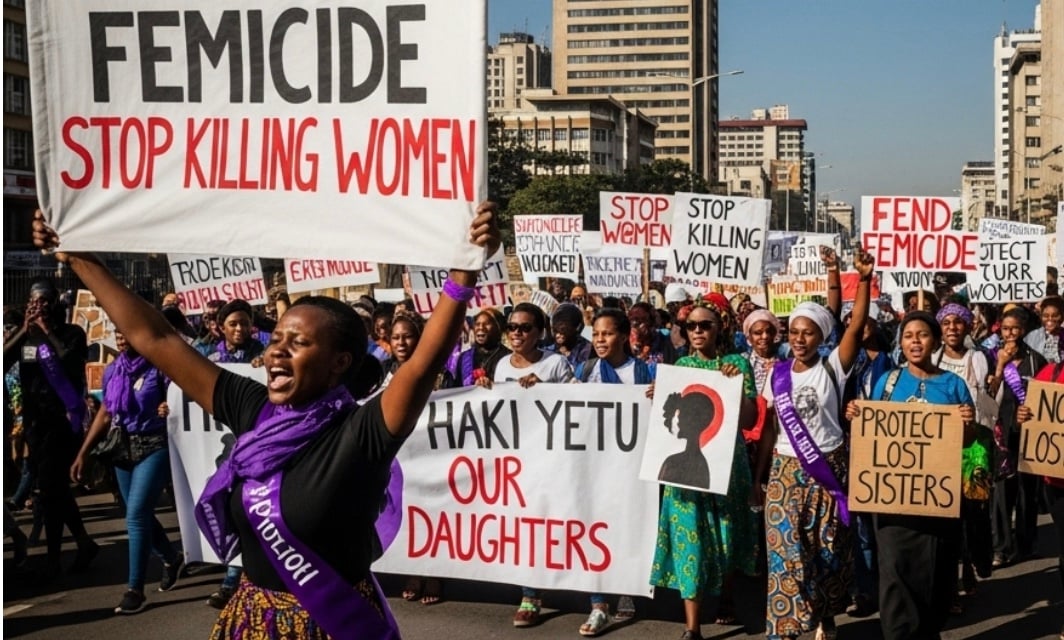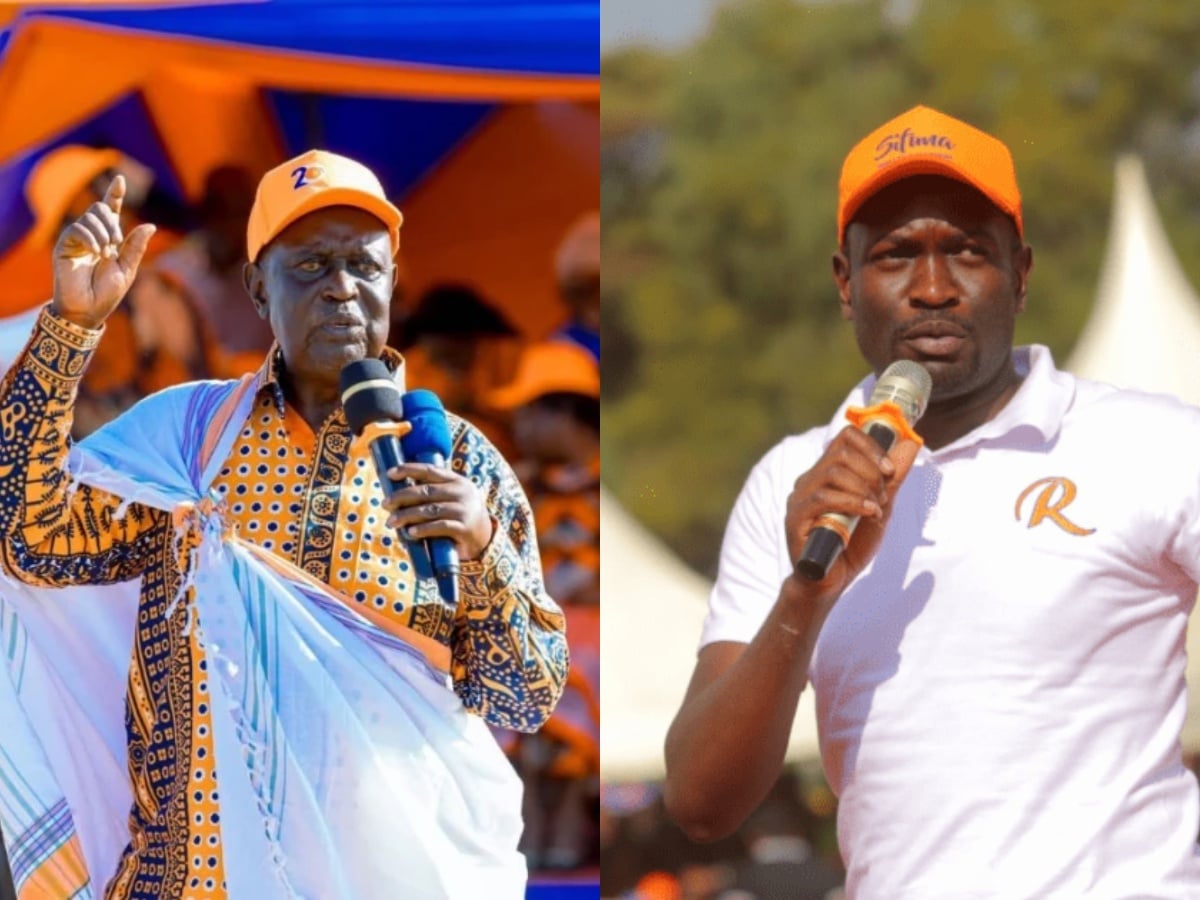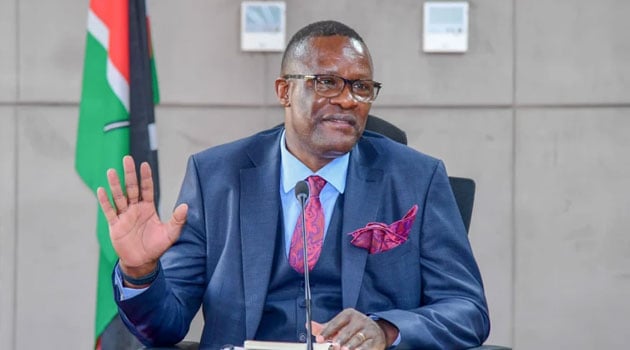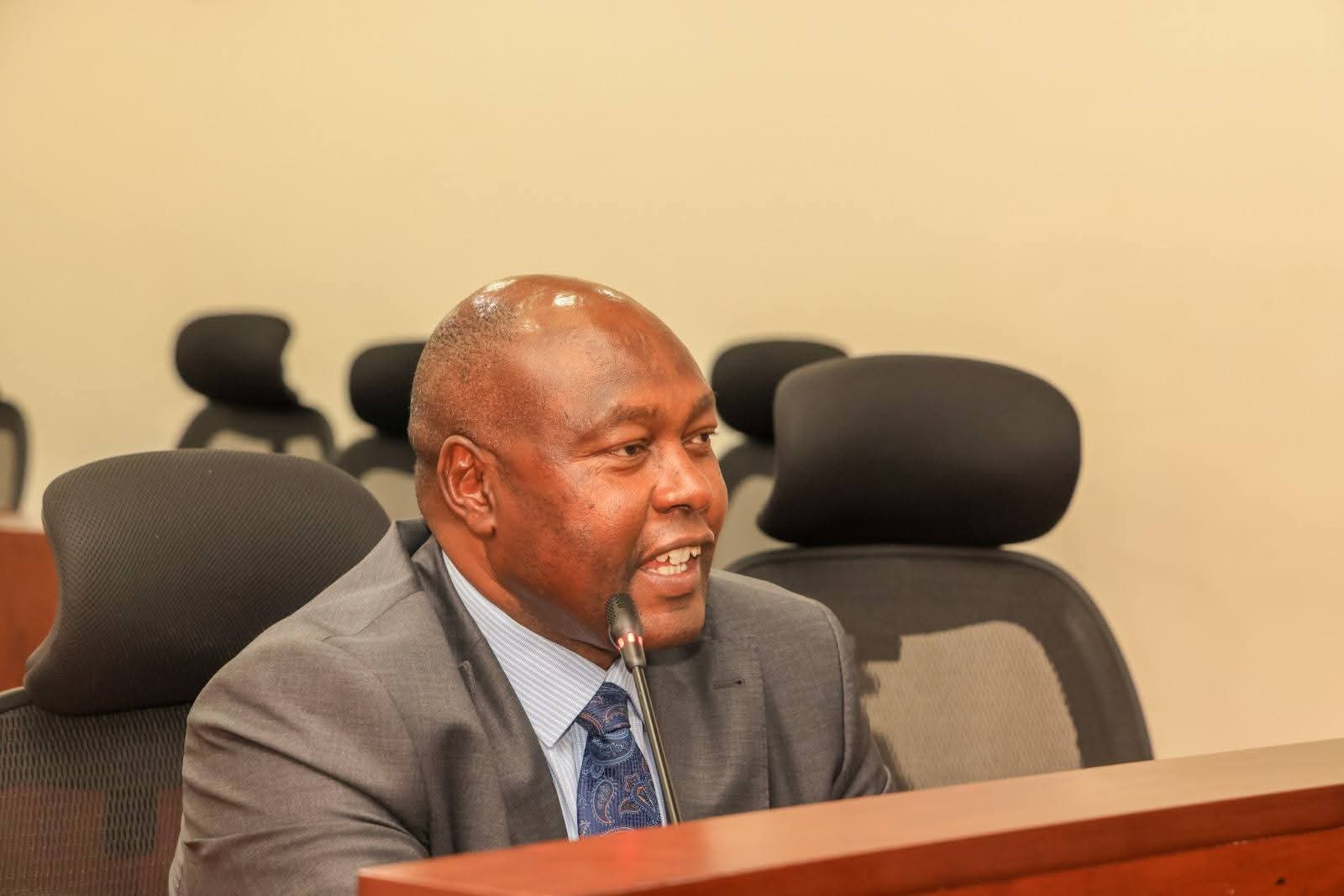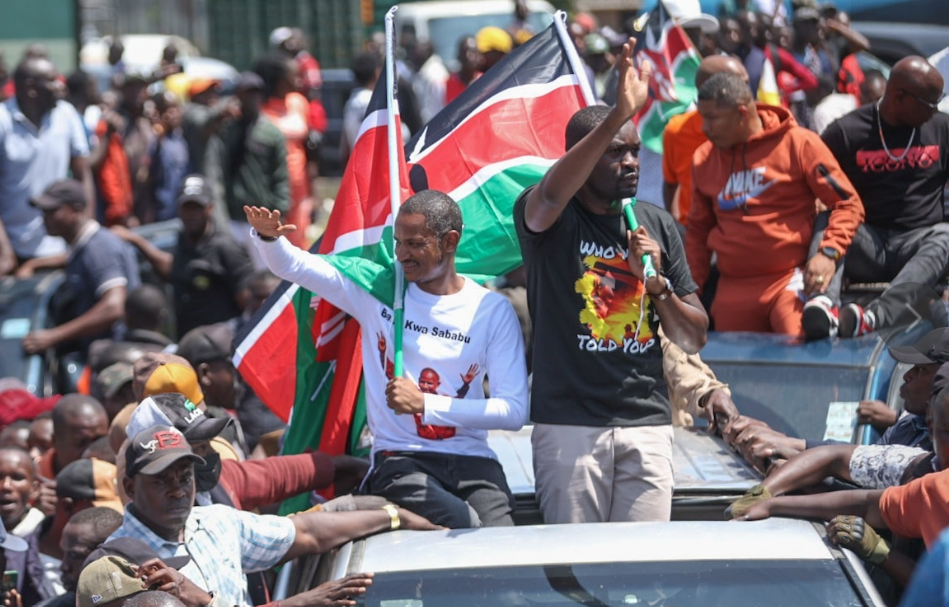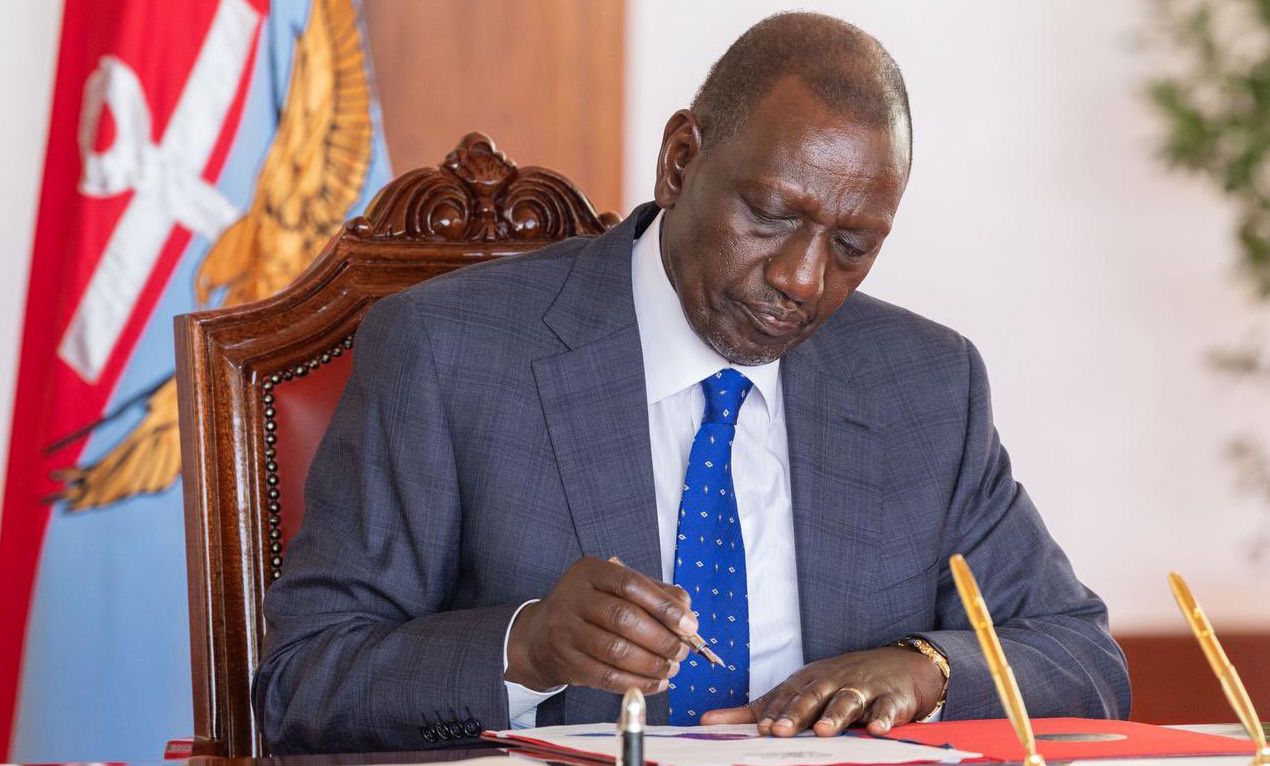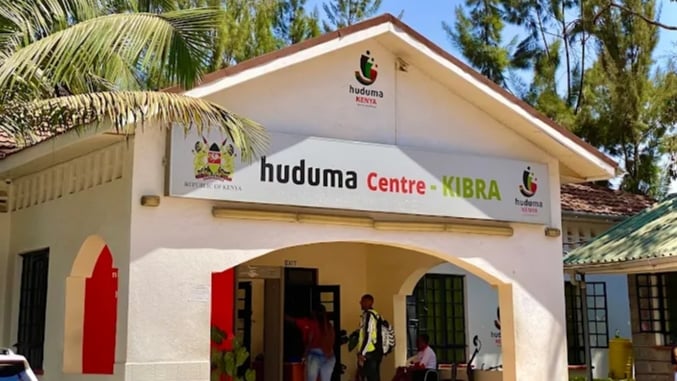By Sarah Mwangi
Kenya is grappling with a sharp and alarming rise in femicide, with 129 women killed in just the first three months of 2025. According to National Police Service (NPS) and National Crime Research Centre (NCRC) data, 43 women were murdered in January, 42 in February, and 44 in March.
The Rift Valley, Eastern, and Western regions registered the highest number of deaths. Men were responsible for 85% of the killings, women for 10%, and in half of the cases, the murders were linked to domestic matters. Most victims knew their attackers.
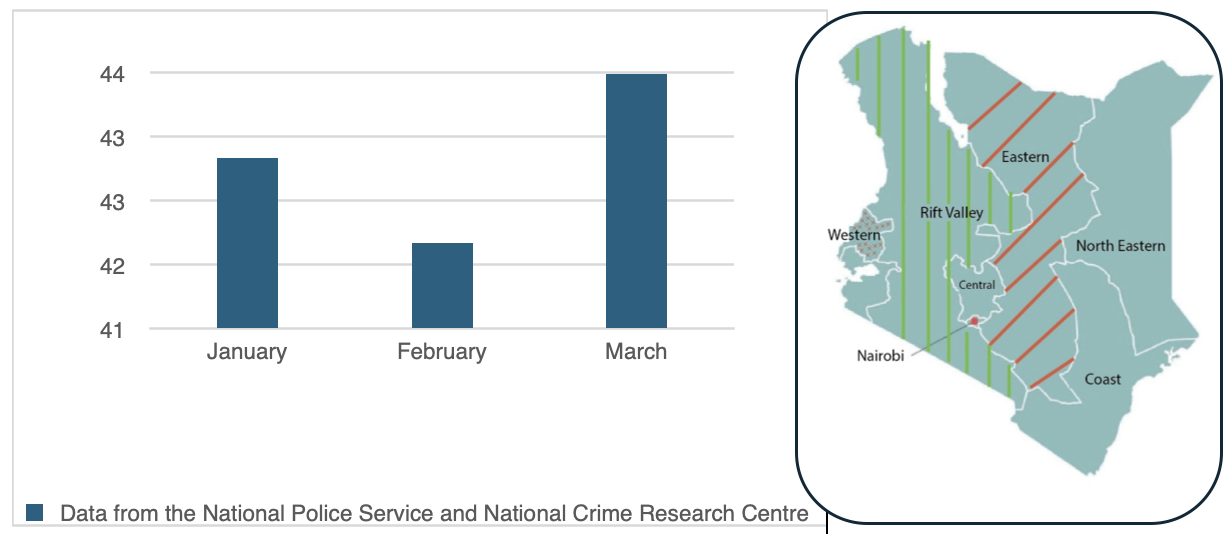
This spike is not an anomaly but accelerates an established pattern: official records show femicide cases rose from 526 in 2022 to 534 in 2023 and 579 in 2024, highlighting an unmistakable, worsening trend.
Read More
Critics argue that the figures may be higher due to inadequate data management. Globally, UN Women reported that in 2023, a woman was killed every 10 minutes in intimate partner or family‑related incidents, underlining the scale of the crisis.
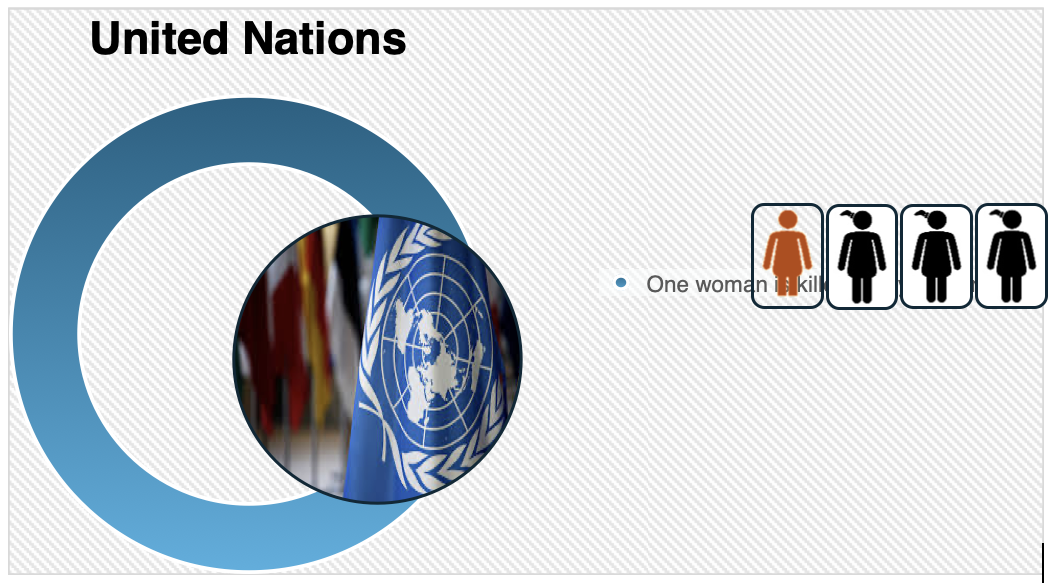
Africa Data Hub, Odipo Dev, and Africa Uncensored documented 170 femicide cases in 2024, excluding 18 in Nairobi’s Kware area, confirmed by Mukuru Social Justice Centre. A chilling case involved Collins Jumaisi Khalusa, who confessed to killing 42 women but has remained missing since his escape from custody in August 2024. His disappearance has heightened public outrage and raised serious concerns about police accountability.
The steady surge in gender‑based violence is fueling national grief, outrage, and urgent calls for action. Human rights groups blame government inaction for failing to protect women and prosecute perpetrators. FIDA board secretary Angela Mwadumbo sharply criticised the National Police Service for its inactivity in the Khalusa case, calling the delay tantamount to aiding and abetting crime.

Between September and November 2024, police confirmed 97 women were killed, many in brutal circumstances, prompting demands to declare femicide a national disaster.
Activists link the rise in cases to a societal normalisation of violence. Njeri Migwi, founder of Usikimye, argues that Kenyans have become desensitised, making femicide more pervasive.
In response to public outcry, President William Ruto announced KSh100 million for a 42‑member task force on gender‑based violence and femicide, promising psychological support and safe spaces for women and children.
However, Migwi and others contend that the funds should bolster existing safe houses, as the government currently runs none. Many survivors rely on shelters operated by individuals and non‑profits, which are overstretched and underfunded.
Africa Data Hub’s research reveals that many victims had endured prolonged abuse by partners, echoing findings by the United Nations Office on Drugs and Crime (UNODC) that femicide is often the culmination of systematic gender‑based violence. Despite government pledges, distrust deepened when police teargassed peaceful anti‑femicide protests in Nairobi in December 2024, just days after Ruto’s commitments.
Kenya’s strong legal protections against gender‑based violence and femicide are undermined by slow prosecutions, poor investigations, and systemic victim‑blaming. Cases are delayed due to missing files, the absence of witnesses, and frequent transfers of judicial officers and prosecutors.
Resolving the femicide crisis demands confronting its deep-rooted structural causes, including patriarchy, poverty, and unemployment. Campaigns on positive masculinity, renewed family values, and community leadership can shift attitudes.
Professionalizing and retraining police to handle femicide cases is essential for restoring trust in law enforcement. Ultimately, society must urgently recognise that every life is sacred and act decisively to ensure dignity and safety for women.
Sarah Mwangi is the lead producer at Alfa House Productions and an MA Digital Journalism student at the Aga Khan University.
